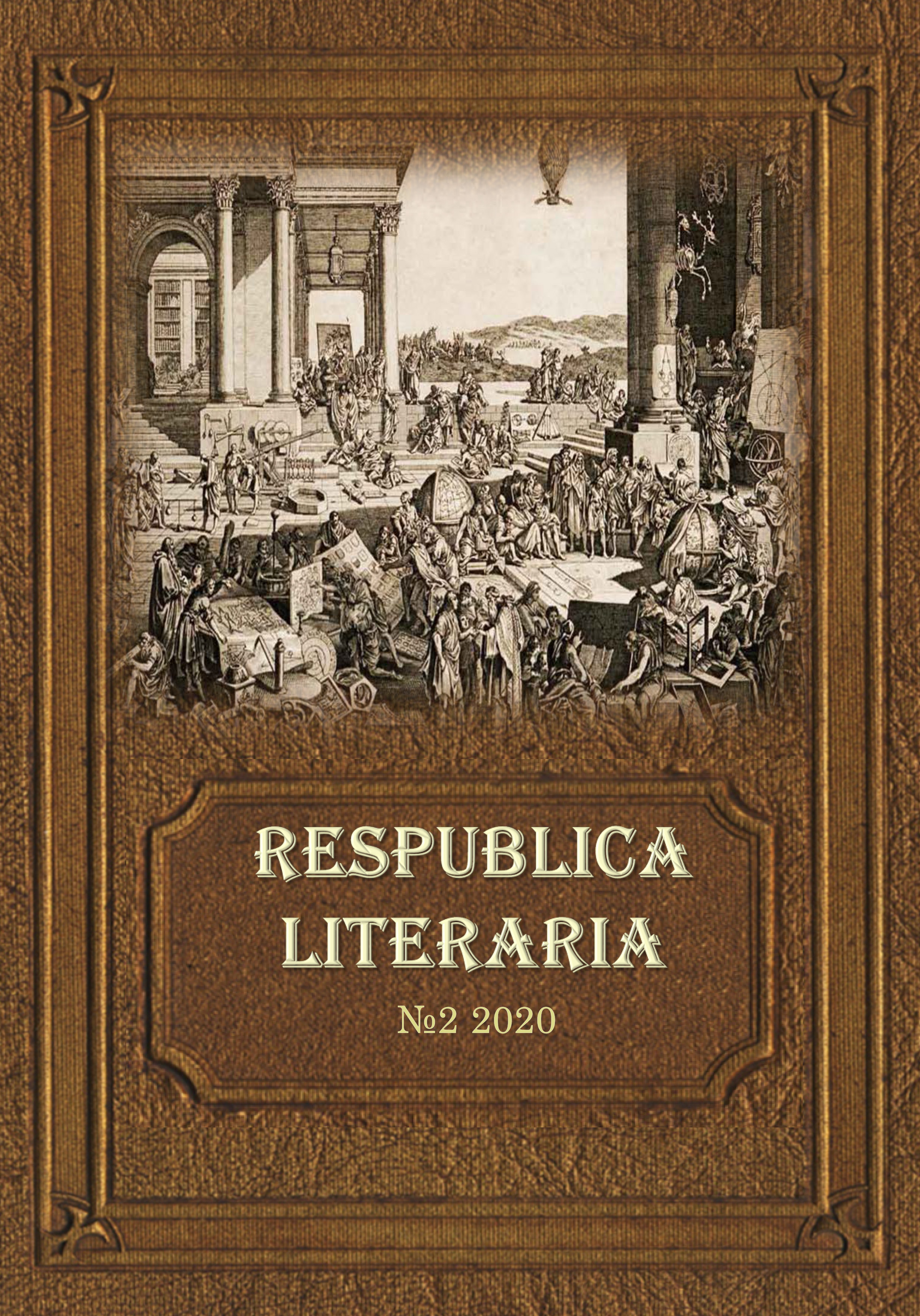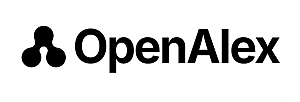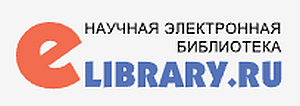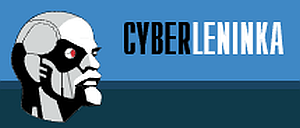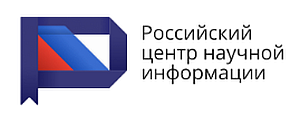Lbova E. M. The present and the future of Russian higher education shown through university typology
DOI:
https://doi.org/10.47850/RL.2020.1.2.133-140Keywords:
higher education, university, typology, classification, transformation, RussiaAbstract
In the article, through the study of various typologies of universities, the current state and the future of Russian higher education are assessed. There are different approaches to the classification of higher education institutions: classical, which views the university through the history; an approach that systematizes higher education institutions by belonging to a particular cultural tradition; economic approach. The authors of the typologies offer two opposite points of view regarding the future of the Russian university. According to the first point of view, the existing university system must be completely reformed. Supporters of the second one suggest adjusting the existing system to the requirements of modern society. Due to the analysis, we concluded that a hybrid option is more suitable for Russia, in which gradual changes allow preserving the advantages of Russian education and minimize the disadvantages.
References
Абрамова, М. А., Каменев, Р. В., Крашенинников, В. В. (2018). Высокие технологии: влияние на социальные институты и применение в профессиональном образовании. Новосибирск: Манускрипт.
Abramova, M. A., Kamenev, R. V., Krasheninnikov, V. V. (2018). High technologies: impact on social institutions and application in professional education. Novosibirsk. Manuscript.
(In Russ.)
Абрамова, М. А. (2020). Наука + образование =(≠) образование + наука. Respublica Literaria.Т. 1. № 1. С. 83-93. DOI:10.47850/RL.2020.1.1.83-93.
Abramova, M. A. (2020). Science + education = ( ≠ ) education + science. Respublica Literaria. Vol. 1. no. 1. pp. 83-93.DOI:10.47850/RL.2020.1.1.83-93. (In Russ.)
Величко, М. В. (2014). Система образования как генератор «кризиса фрагментации обществознания». Известия Санкт-Петербургского государственного аграрного университета. № 36. С. 285-288.
Velichko M. V. (2014). The education system as a generator of the “crisis of fragmentation of social science”. News of the Saint-Petersburg Agrarian University. no 36. pp. 285-288. (In Russ.)
Всемирная декларация о высшем образовании для XXI века: подходы и практические меры. [Электронный ресурс]. URL: http://docs.cntd.ru/document/901839539 (Дата обращения: 10.11.2020).
World declaration on higher education for the 21st century: approaches and practical Measures. [Online]. URL: http://docs.cntd.ru/document/901839539 (Accessed: 10 November 2020). (In Russ.).
Зиневич, О. В., Рузанкина, Е. А. (2014). Университет как научный и социальный институт в современном российском обществе. Высшее образование в России. № 7. С. 37-43.
Zinevich, O. V., Ruzankina E. A. (2014). University as a scientific and social institute in the contemporary Russian society. Higher education in Russia. no 7. pp. 37-43. (In Russ.)
Казанцев, Д. А. (2016). Идея «смерти» университета в современном западном и российском образовательном дискурсе. The Chicago journals in liberal arts. C.104-111.
Kazantsev, D.A. (2016). The idea of “death” in contemporary western and Russian discourse. In The Chicago journals in liberal arts. pp. 104-111. (In Russ.)
Как изменятся университеты в течение следующих 20 лет. Конспект лекции профессора Йохана Виссемы, автора книги «Университет 3.0». (2017). [Электронный ресурс]. URL: http://www.tsu.ru/podrobnosti/kakizmenyatsya-universitety-v-techenie-sleduyushchikh-20-let/ (Дата обращения: 18.11.2020).
How universities will change over the next 20 years. Lecture notes by Professor Johan Wissema, author of the book “University 3.0”. (2017). [Online]. URL: http://www.tsu.ru/podrobnosti/kakizmenyatsya-universitety-v-techenie-sleduyushchikh-20-let/ (Accessed: 18 November 2020). (In Russ.)
Коява, Л. В., Новгородов, П. А., Смирнов, С. А. (2018). Предпринимательский университет. Концепт. Современная конкуренция. Т. 12. № 4(70)-5(71). С. 93-105.
Koyava, L., Novgorodov, P. Smirnov, S. Entrepreneurial university. The concept. Journal of Modern Competition. Vol. 12. no. 4(70)-5(71). pp. 93-105. (In Russ.)
Кузьминов, Я. И., Песков, Д. Н. (2017). Дискуссия «Какое будущее ждет университеты». НИУ ВШЭ, 14 июля 2017 г. Вопросы образования. № 3. С. 202-231.
Kuzminov, Y., Peskov, D. (2017). Discussion “What tomorrow holds for universities”. Educational studies. no 3. pp. 202-231. (In Russ.)
Миттельштрасс, Ю. (2013). Будущее науки и настоящее университета. Логос. № 1(91). С. 100-121.
Mittelstrass, J. (2013). The future of the science and the present of the university. Logos. no 1(91). pp. 100-121. (In Russ.)
Осипова, Н. В. (2004). Современный университет как социальный институт: автореф. … канд. соц. наук. М.
Osipova, N. V. (2004). Modern university as a social institution. Abstract of PhD thesis in social sciences. Moscow. (In Russ.)
Петров, В. В. (2020). Университетские системы в трансформирующихся обществах. Новосибирск: Манускрипт.
Petrov, V. V. (2020). University systems in transforming societies. Novosibirsk. Manuscript. (In Russ.)
Смирнов, С. А. (2008). Российская высшая школа: на пути к новым институциям. Вестник НГУЭУ. № 1. С. 232-241.
Smirnov, S. A. (2008). Russian higher education: towards new institution. Vestnik NSUEM. no 1. pp. 232–241. (In Russ.)
Bischof, L. (2018). Effects of the Bologna process on Quality Assurance Regimes in the Post-Soviet Space: Isomorphism and Path Dependencies in Moldova, Russia, and Kazakhstan. European Higher Education Area: The Impact of Past and Future Policies. Springer. pp. 77-93.
Downloads
Published
How to Cite
Issue
Section
License

This work is licensed under a Creative Commons Attribution-NonCommercial-NoDerivatives 4.0 International License.
https://oc.philosophy.nsc.ru/remote.php/webdav/%D0%94%D0%BE%D0%B3%D0%BE%D0%B2%D0%BE%D1%80%20%D1%81%20%D0%B0%D0%B2%D1%82%D0%BE%D1%80%D0%BE%D0%BC%20RL-%D0%BF%D1%80%D0%B0%D0%B2.doc

